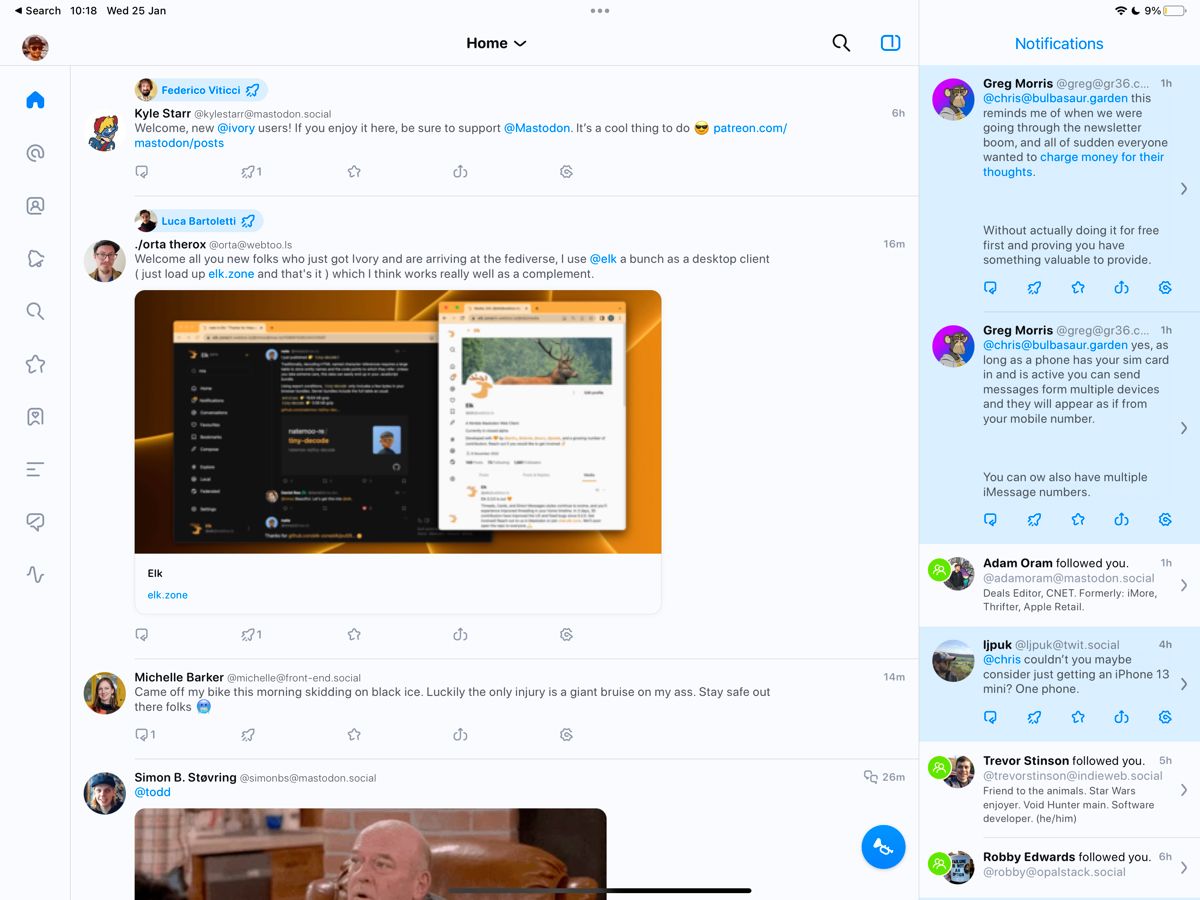Engineers Should Write
Ryan Peterman on Engineers needing to write:
The way I worked started to change around when I became a mid-level engineer. I led a small workstream of a few engineers and to get my work done, I was writing more and more without realizing it. Soon writing became a significant part of my work outside of coding. This became even more true when COVID hit since most conversations moved to async chats and word docs.Almost everything software engineers do requires writing. We need to write when we ask technical questions, comment on code reviews, or create design docs. This is because writing software is collaborative. The better you are at writing, the more effective you will be at building software.
Being a software engineer and a writer, my opinion is likely biased in favour of this opinion. However, I have noticed that as I have progressed in my job, I have found writing to also be much more important. Whether it's writing documentation, reviewing code, planning features, analysing future architecture, or even just helping other engineers. There's a huge benefit to being able to write clearly, and to be able to explain your thoughts to your future self, and others.
I wrote about this last year when I talked about having a culture of writing at work. I won't repeat everything here, but here are the five benefits I said come from a good culture of writing:
- Easier for others to understand, they can digest at their own pace.
- It allows more people to read and learn from it.
- Showcases your work and knowledge.
- Written information lives longer.
- Saves time, both when sharing information with a large group of people, and allows you to explain complex topics in more detail.

















